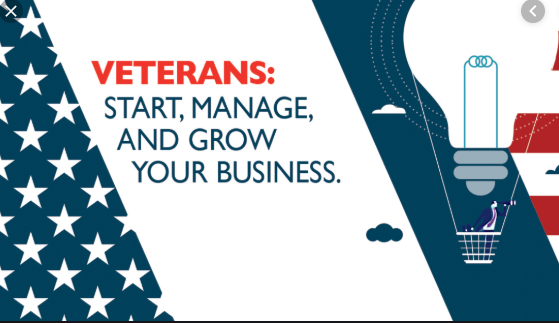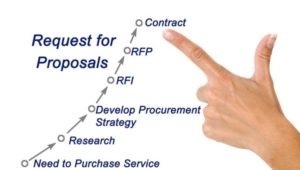Veterans Take the Initiative to Explore Entrepreneurship

By Debbie Gregory.
Past military experience helps “veteran entrepreneurs” find success especially when they team up. Working in teams is part of the military culture. Veterans tend to have a greater desire to create their own destiny, which is why starting a business is so appealing. Veterans tend to have a unique point of view based on their past military experience. They come up with different solutions to problems than non-military personnel do and are more creative and focused on crafting solutions.
Veterans have unique experiences and inner strengths that include:
- Initiative
- Dependability
- Commitment to a greater cause than self
- Love for fellow comrades in arms regardless of their ethnicity or background
- A drive to succeed against the odds
- Focusing on the end goal and achieving the mission
- Working in teams to get the job done
All of these attributes benefit veteran entrepreneurs. This is one of the reasos that veterans tend to lean more towards starting their own businesses. These same traits lead a lot of veteran business owners to want to help others pursue entrepreneurship as well. They also become mentors and are leaders.
In the last few years there has been a surge of businesses, organizations, lenders, and programs that have been formed to provide veterans ways to explore entrepreneurship with the direct support of their colleagues.
Some of them include:
- Boots to Business
- Bunker Labs
- Honor Foundation
- Patriot Boot Camp/Techstars
- StreetShares
- Task Force X Capital
- Vet-Biz Network
- VetCon
- VeteranCrowd
- VetsLikeMe
- Veteran Business Services
- Warrior Rising
- VAMBOA
All of these organizations have one thing in common, they were created by a veteran, a group of veterans or those who support veterans to help veteran brothers and sisters in arms achieve their business dreams.
Military life has prepared many for the challenges that are unique to military service and those will also greatly benefit business life as a civilian. Veterans also face unique challenges when they return home from active duty. Seeking assistance from other veterans will help boost success as a civilian entrepreneur.
In today’s ever-changing economy, global climate, and interpersonal relationships, it is best to find programs and funding sources that focus on bringing together veterans and like-minded business owners who can help each other flourish.
We encourage all military and veteran business owners to join VAMBOA, the Veteran and Military Business Owners Association. VAMBOA does not charge any fees or dues. Here is a link to register: https://vamboa.org/member-registration/















